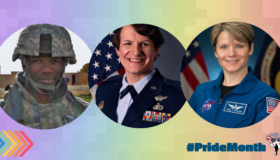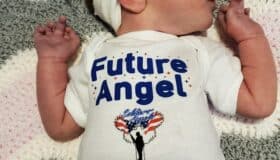Purpose in Pain—Celebrating Disability Pride Month
July 19, 2025
This July, we turn our attention toward Disability Pride Month. It’s a time of celebration that honors the courage (and often overlooked) contributions of people with disabilities.
However, this month is about so much more than celebration. It’s a movement that challenges ableism and rewrites outdated narratives. Disability pride is about smashing stigma and redefining societal perceptions.
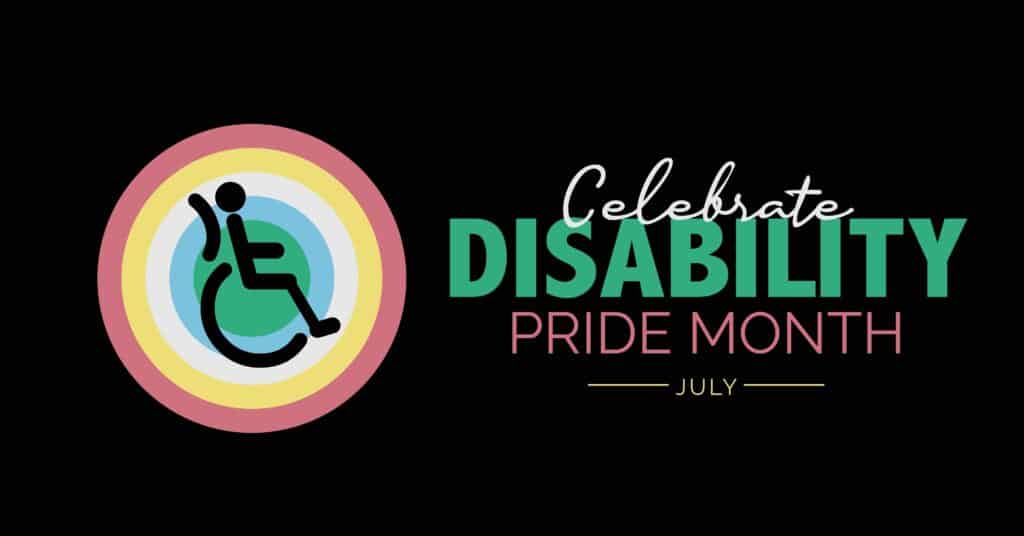
It’s also an opportunity to recognize the many ways disabled Veterans, in particular, find purpose in pain. This month is a time to remember that we should honor their strength, creativity, and achievements year-round and not define them by their limitations.
What is Disability Pride Month?
We celebrate Disability Pride Month in July because it coincides with the anniversary of the signing of the Americans with Disabilities Act (ADA). The ADA is a landmark piece of legislation that went into effect July 26, 1990. It prohibits discrimination against people with disabilities and guarantees equal access to public spaces, employment, transportation, and communication.
Additionally, the ADA laid the foundation for a more inclusive society—one where physical, social, and systemic barriers are called out and broken down by disabled people. Celebrating Disability Pride Month is not just about marking a date. It’s about acknowledging the ongoing fight for dignity, representation, and visibility among the disabled.
Here Are 6 Ways Disabled Veterans Celebrate Disability Pride Year-Round
To be sure, Veterans are well-versed in the practice of “Adapt and Overcome.” This is especially true of disabled Veterans who suffer from conditions like PTSD and traumatic brain injury (TBI), limited mobility, and debilitating chronic pain. Nevertheless, they adapt to their circumstances, overcome them, and go on to accomplish incredible feats.
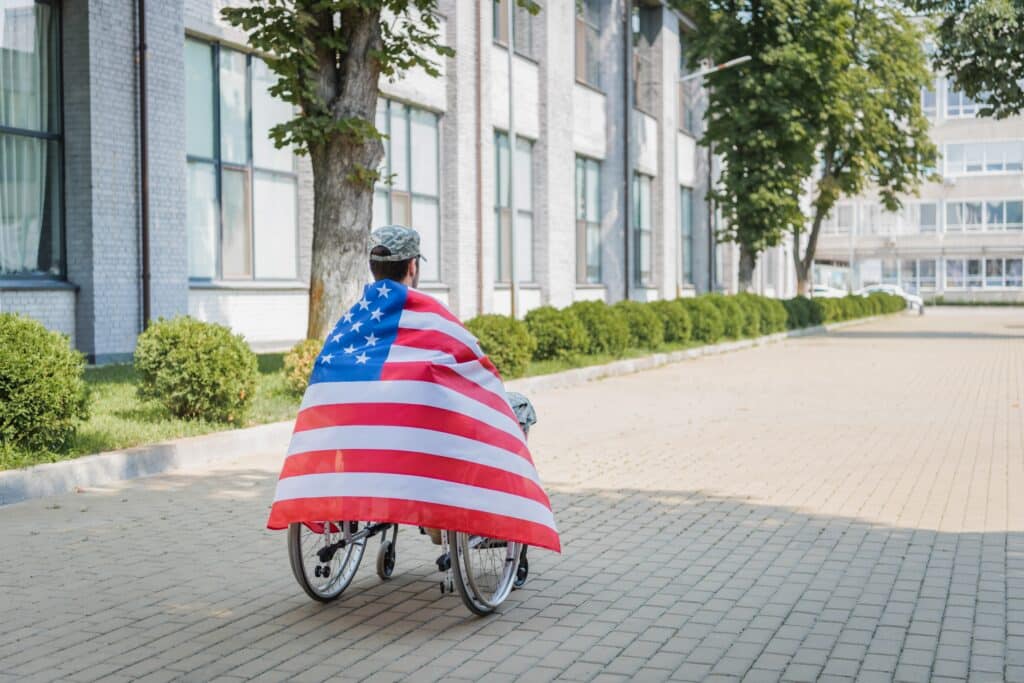
For our wounded warriors, disability pride means owning their story. It’s about commanding respect and living fully on their own terms. After all, embracing a disability—and not being defined by it—can be a revolutionary act of pride, healing, and hope.
Let’s highlight a few ways disabled Veterans demonstrate how acts of courage extend far beyond the battlefield and that disability pride can be a way of life.
# 1 Redefining Strength Through Adaptive Sports
One of the most powerful ways Veterans have embraced their disabilities is through adaptive sports, which fuse physical strength with emotional resilience. For instance, events like the National Veterans Wheelchair Games give wounded warriors a chance to compete, connect, and reclaim the physical power others may have thought they had lost.
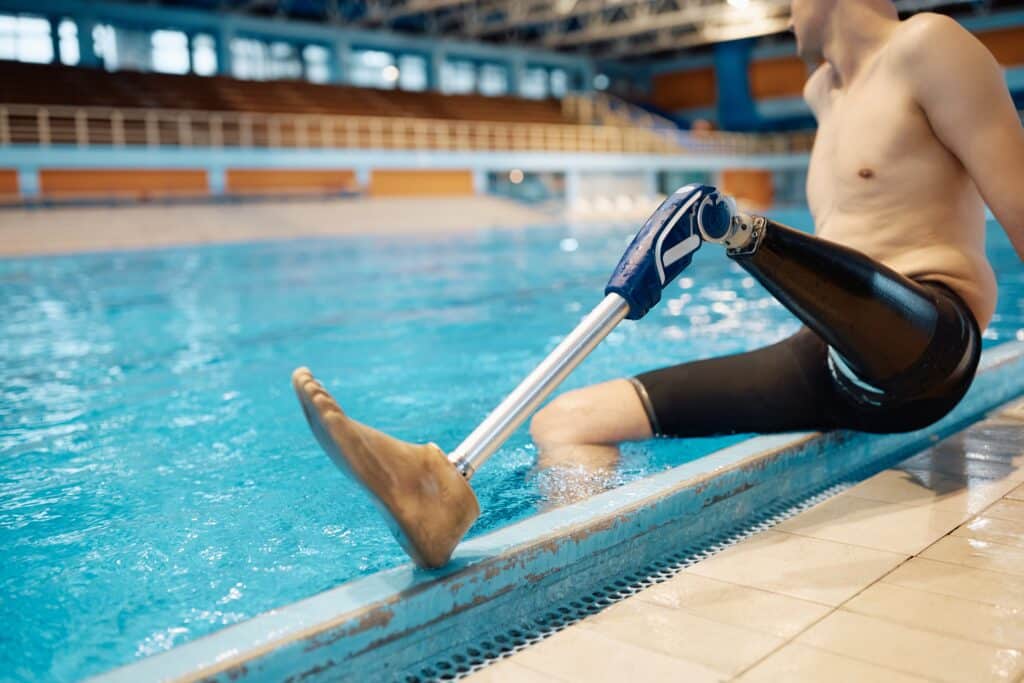
For disabled Veterans, these events aren’t about rewards and recognition. Adaptive sports allow them to redefine themselves while living with an injury they sustained during military service.
As triple-amputee Army Veteran and adaptive athlete Jose Martinez once said, “I didn’t lose my strength when I lost my limbs. I just had to learn how to use it differently.”
# 2 The Power of Survival Stories
Many disabled Veterans have found purpose in pain by writing memoirs, blogs, and non-fiction historical accounts about what it means to live with a disability related to military service.
As one Veteran put it, “They told me disability was the end of my mission. But it became the beginning of my message.”
For these warriors-turned-wordsmiths, storytelling becomes a strategy that sparks hope and promotes healing. Survival stories are a way to destigmatize mental health conditions, highlight invisible disabilities, and champion inclusive recovery.
Writing can provide disabled Veterans with an outlet that can be cathartic and therapeutic. Additionally, these stories are also incredibly powerful for the reader. They provide mirrors for others with disabilities and windows for those without. They affirm that a disability doesn’t define a person; what that person chooses to do with it is what really counts.
Here are a few awesome must-reads written by disabled Veterans:
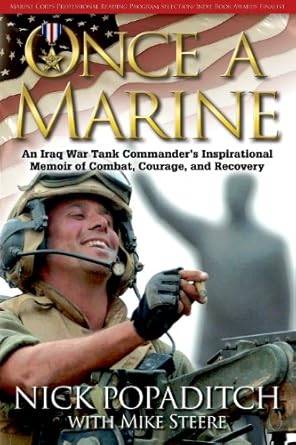
- Once a Marine: A gripping memoir written by Iraq War Tank Commander and Gunnery Sergeant Nick Popaditch, who became known worldwide as “The Cigar Marine” after a photo captured him smoking a victory cigar in front of Saddam Hussein’s toppled statue
- Locked In (A Soldier and Civilian’s Struggle with Invisible Wounds): A raw and honest account of PTSD and the invisible aftermath of war, written by Army Captain and Combat Engineer Carolyn Swift Furdek
- Tuesday’s Promise (One Veteran, One Dog, and Their Bold Quest to Change Lives): Written by Luis Carlos Montalvan, this is a heartfelt memoir about the bond between a disabled Veteran and his service dog, Tuesday.
- The Last Punisher: (A SEAL Team Three Sniper’s True Account of the Battle of Ramadi): This is a Navy SEAL’s first-person account of his life during combat, offering insight into the physical and emotional aftermath of war.
# 3 Visibility Through Celebratory Events & Parades
Disability Pride parades (happening in major cities like Chicago, New York, and Los Angeles) and Veteran-themed celebrations (like Veterans Day and Fourth of July parades) provide another outlet for embracing identity.
These events blend patriotism with progress, creating space for disabled Veterans to show up boldly in their community, not as symbols of pity, but as paragons of perseverance.
Organizations like Disabled American Veterans (DAV) host celebrations that elevate Veterans’ voices, often partnering with city-led Disability Pride initiatives to ensure Veterans are represented alongside civilians. Marching in uniform, cruising along in wheelchairs, or walking with canes behind banners of unity, these Veterans remind us that pride is about being present and accounted for.
# 4 Motivational Speaking: Turning Pain into Purpose from the Podium
Disabled Veterans are rewriting the narrative about living with a disability. By stepping onto stages to share their journeys of service, sacrifice, and survival, their message resonates far beyond the military community.
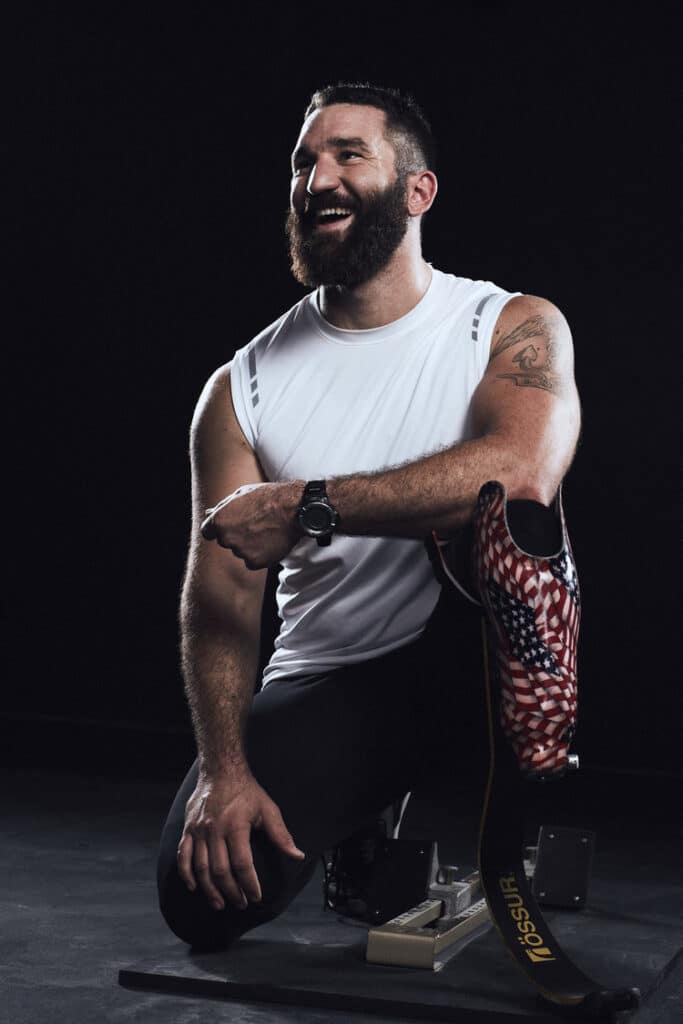
These warriors-turned-wordsmiths use storytelling to spark hope and challenge stigma by recounting battles fought both overseas and within their own minds and bodies. From TEDx stages to high school auditoriums, they speak from a place of authenticity that captivates and transforms.
Here are three amazing disabled Veterans who have made names for themselves as both adaptive sports athletes and motivational speakers:
- Brad Snyder was a U.S. Navy Explosive Ordnance Disposal Officer who was blinded by an IED explosion in Afghanistan. He has won multiple gold medals in swimming at the Paralympics. As a symbol of resilience and excellence in adaptive sports, Snyder is now a motivational speaker who shares his story around the world,
- Redmond Ramos, whose motto is “Success Through Struggle,” lost his leg after stepping on an IED in Afghanistan. He competed in track & field, swimming, and sitting volleyball at the Warrior Games and is an internationally renowned motivational speaker.
- Noah Galloway, a U.S. Army Sergeant, lost his left arm and leg in Iraq. He has competed in extreme races like Tough Mudder and the Spartan Race. Galloway gained national attention on Dancing with the Stars through fitness advocacy and is also a motivational speaker.
# 5 Creative Expression Through Art
Not all pride is loud. For many disabled Veterans, like Dave Rodgers, creative expression becomes a quiet but powerful form of reclamation. Some Veterans craft to cope; others create to communicate.
Activities like painting, sculpture, music, and woodworking often become more than just hobbies—they become methods of therapy.
However, their works are not just therapeutic and for their eyes only. Many disabled Veterans sell their work, show off their creations at exhibits like the National Veterans Creative Arts Festival, or donate them to causes they care about.
#6 Achieving Success Through Veteran-Owned Businesses
Another way disabled Veterans smash disability stigma is by owning and operating thriving Veteran-owned businesses.
From tech startups and artisan shops to wellness services and consulting firms, disabled Veterans demonstrate that limitations don’t define outcomes. In fact, their unique lived experiences often shape businesses that serve a greater purpose—empowering others, driving innovation, and shifting perceptions about disability and capability.
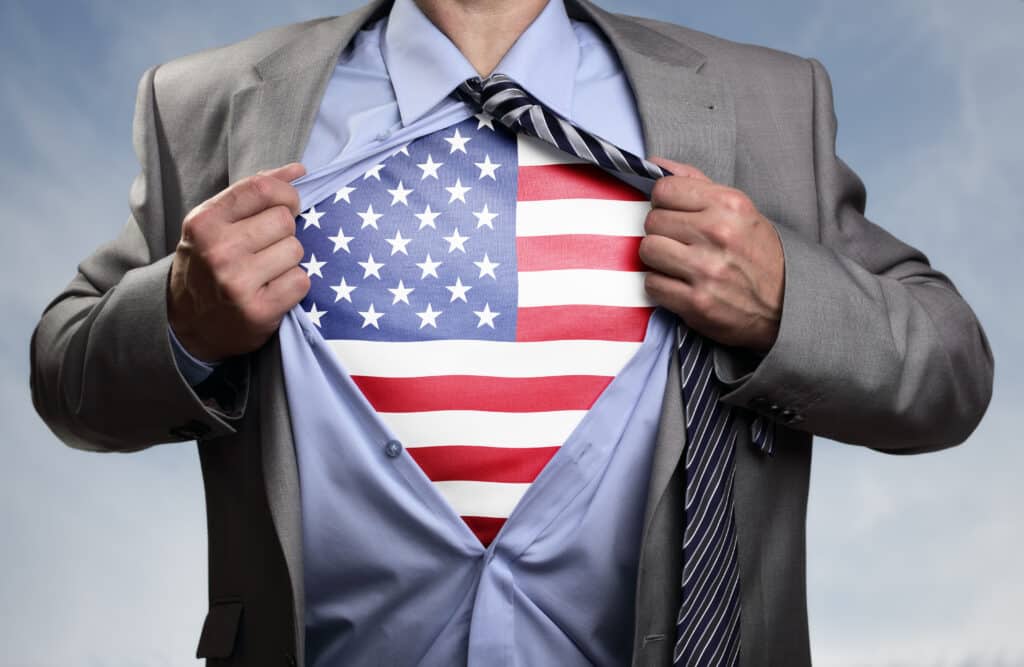
Beyond financial success, these ventures become advocacy platforms and hubs of healing. Disabled entrepreneurs of Veteran-owned businesses typically prioritize inclusion, hire fellow Veterans, and contribute to their local economy.
Happy Disability Pride Month, Veterans!
So, in conclusion, let’s make sure this Disability Pride Month is more than a moment—let it be a movement. This means moving beyond labels to legacy. It means recognizing that “disabled” and “warrior” can exist in the same breath, not in contradiction, but in complement.
Appreciating the outstanding achievements of disabled Veterans shouldn’t be confined to a single month—it’s a practice we should weave into every season.
About the Author
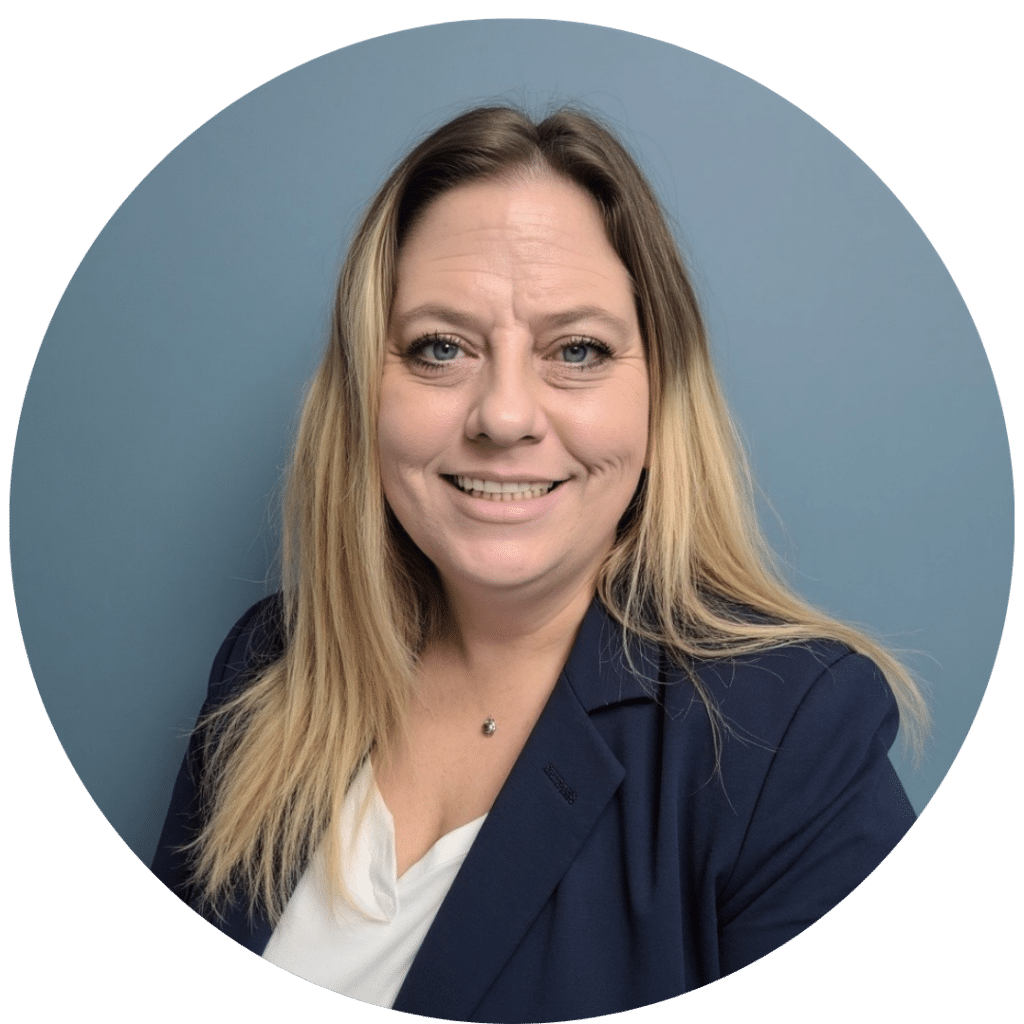
Bethany Heinesh is a proud Marine Corps Veteran living in San Antonio, Texas. Bethany holds a Master of Arts in Administration-Communication Arts from the University of the Incarnate Word and a B.A. in Public Relations (Minor Religious Studies) from the University of Houston.
